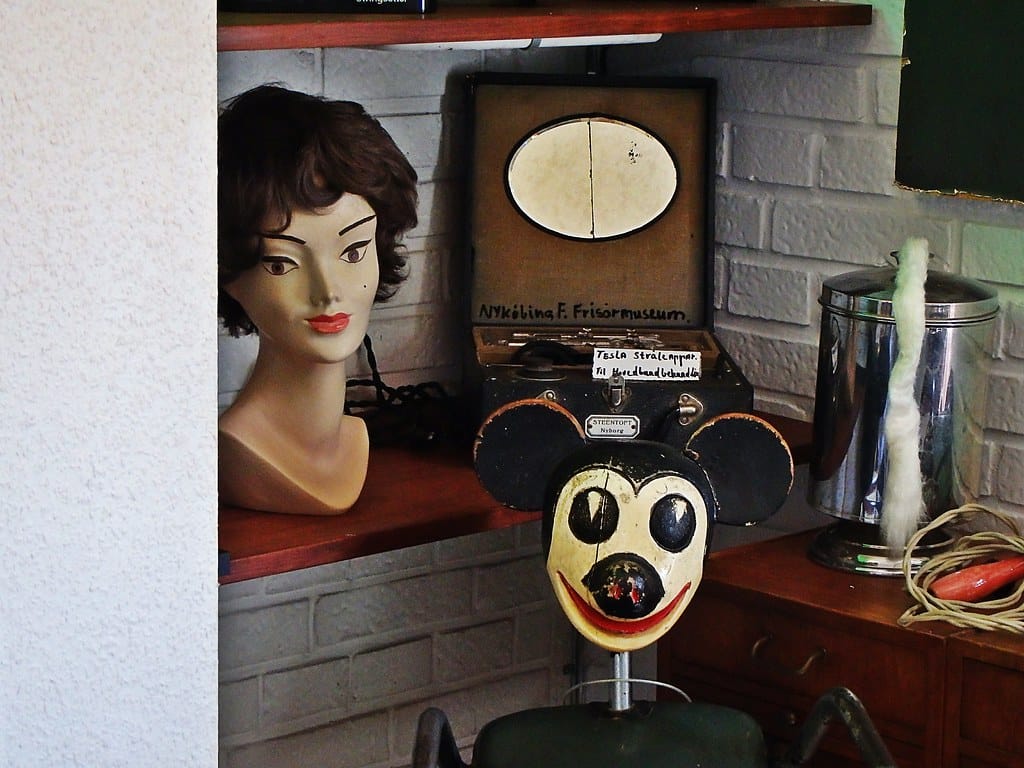Disney Faces Legal Challenge as Law Firm Claims Right to Use 'Steamboat Willie' in Advertising
A bold legal gambit is unfolding as a Massachusetts law firm directly challenges Disney's grip on one of its most iconic characters, setting the stage for what could become a landmark copyright case with far-reaching implications for intellectual property law.
The Copyright Confrontation
Brutman & Associates, a Massachusetts-based law firm, has filed a federal lawsuit against The Walt Disney Company, claiming the right to use the original 1928 version of Mickey Mouse from "Steamboat Willie" in their legal advertisements. The firm argues that Disney's most famous character has entered the public domain, making it fair game for commercial use.
The lawsuit centers on a fundamental question that has captured the attention of copyright lawyers nationwide: What happens when an icon that has been zealously protected for nearly a century potentially loses that protection?
When Copyright Protection Expires
The legal dispute hinges on the expiration of copyright protection for "Steamboat Willie," which occurred on January 1, 2024. Under current U.S. copyright law, works published in 1928 are protected for 95 years, meaning Disney's original Mickey Mouse cartoon officially entered the public domain at the start of this year.
However, Disney maintains that while the specific 1928 version may be in the public domain, their trademark protections and later iterations of Mickey Mouse remain firmly under their control. This creates a complex legal landscape where the original black-and-white, whistling mouse might be available for public use, but any resemblance to modern Mickey Mouse designs could still trigger infringement claims.
The Firm's Strategic Move
Brutman & Associates isn't just testing legal boundaries—they're making a calculated business decision. The law firm specializes in intellectual property cases, making their choice to challenge Disney particularly noteworthy. By positioning themselves as champions of public domain rights, they're simultaneously generating publicity for their practice while potentially establishing important legal precedent.
The firm has stated their intention to use the classic Mickey Mouse image in advertisements for their legal services, specifically targeting potential clients who may need help with their own intellectual property disputes. The irony is unmistakable: using Disney's former intellectual property to advertise services that help others protect their own.
Disney's Defensive Strategy
Disney's response has been swift and predictable. The entertainment giant has built its empire on the strength of its intellectual property portfolio, with Mickey Mouse serving as the cornerstone of a brand worth an estimated $178 billion. The company has historically been aggressive in protecting its characters, spending millions annually on legal fees to maintain control over its intellectual property.
Disney argues that even if the 1928 version of Mickey Mouse is in the public domain, their trademark protections prevent commercial use that could confuse consumers or dilute their brand. They contend that any use of Mickey Mouse in commercial advertising, regardless of the specific version used, constitutes trademark infringement.
Broader Implications for Intellectual Property
This case represents more than just a dispute between a law firm and an entertainment conglomerate. It could establish crucial precedents for how copyright and trademark protections interact when works enter the public domain.
The outcome could affect numerous other properties approaching public domain status, including early Superman comics, classic Disney films, and countless other cultural touchstones that have defined American entertainment for generations.
Legal experts are watching closely, as the case could clarify whether companies can use trademark law to effectively extend copyright protection indefinitely, or whether public domain truly means public domain, regardless of ongoing trademark claims.
The Stakes Moving Forward
For Disney, this lawsuit represents a test of their ability to maintain control over their most valuable intellectual property as it ages into potential public domain status. A loss could open the floodgates for widespread commercial use of early Mickey Mouse imagery, potentially undermining decades of carefully cultivated brand exclusivity.
For Brutman & Associates and other potential users of public domain works, the case could either establish clear guidelines for legitimate use or reinforce the practical barriers that major corporations can erect around their former properties.
The resolution of this dispute will likely influence how other companies approach both the protection of their aging intellectual property and the commercial use of newly public domain works. As more iconic properties approach their copyright expiration dates, this case may serve as the definitive guide for navigating the complex intersection of copyright law, trademark protection, and commercial free speech in the digital age.
